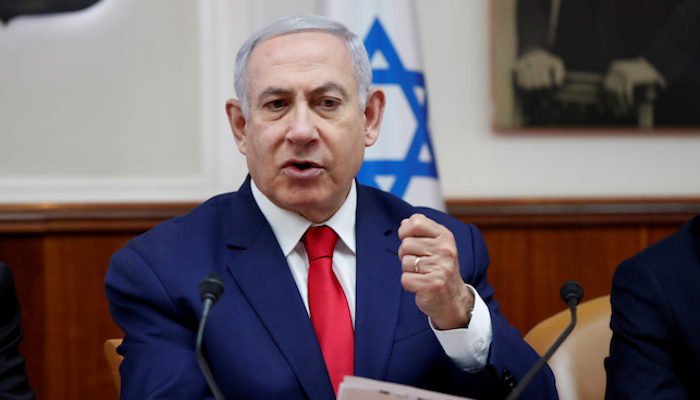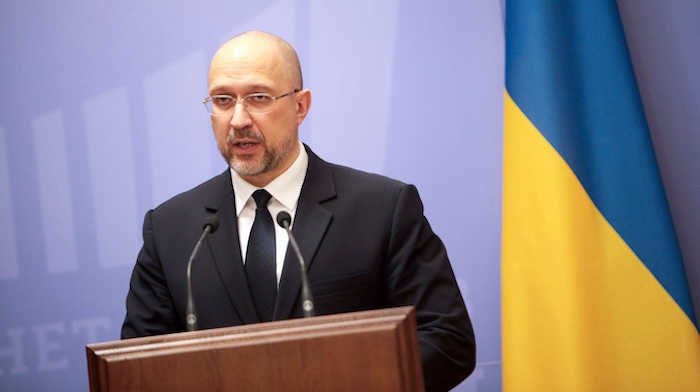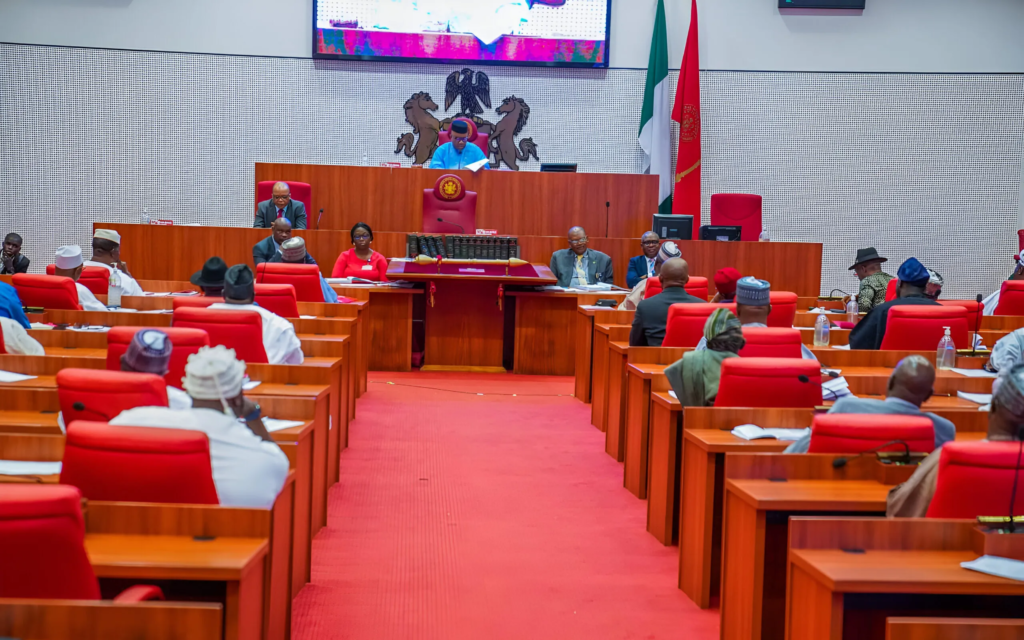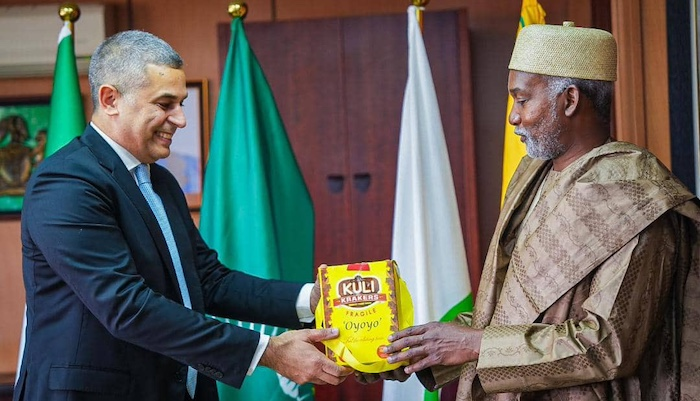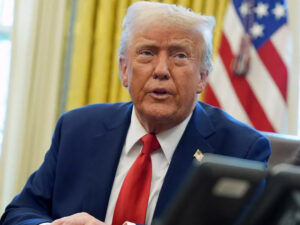Israeli Prime Minister Benjamin Netanyahu has acknowledged that his government is supplying weapons to a clan inside Gaza that he claims is aligned against Hamas, a move that has triggered political uproar and warnings from Israeli security officials.
The revelation, first reported by Israeli media and later confirmed by defense sources, involves arming a faction led by Yasser Abu Shabab in Rafah—a southern Gaza city currently under Israeli military control. The group has been variously described as a militia and a criminal organization. According to defense sources, the arms being distributed include Kalashnikov rifles previously confiscated from Hamas.
In a video posted to social media, Netanyahu defended the decision, saying: “What’s wrong with this? It saves the lives of Israeli soldiers. Publicizing it only helps Hamas.”
The strategy has drawn fierce criticism from within Israel. Opposition figures and security analysts have condemned Netanyahu for bypassing cabinet approval and for what they view as reckless engagement with potentially destabilizing actors.
Avigdor Lieberman, leader of the Yisrael Beiteinu party and a longtime Netanyahu critic, said on public broadcaster Kan that the decision was made unilaterally. “The Israeli government is giving weapons to a group of criminals and felons, some of whom are reportedly linked to the Islamic State,” Lieberman said. “To my knowledge, this did not receive any form of cabinet approval.”
Israeli defense sources later confirmed that the arms transfers were conducted with the direct authorization of the prime minister.
Abu Shabab, for his part, denied receiving Israeli weapons. In a statement posted online, he said: “Our weapons are outdated and limited. They come from our own people, not from any foreign government.”
The clan claims to protect humanitarian aid convoys entering Gaza, but it has faced accusations of looting supplies. Meanwhile, tensions with Hamas are reportedly escalating. According to Arab media outlets, Hamas’ armed wing has begun targeting members of Abu Shabab’s faction, viewing the group as a threat to its control.
The controversy comes as Israel continues its military campaign in Gaza and faces increasing scrutiny over its policies in the enclave. Critics argue that arming local factions could further destabilize the region and create long-term security risks, even as the government insists the move is intended to weaken Hamas from within.

